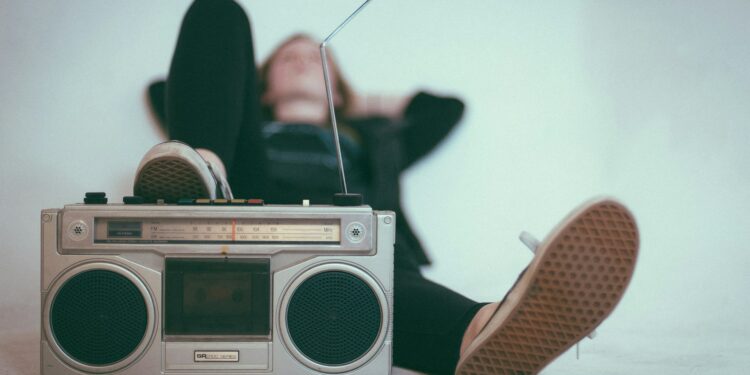Music is powerful.
A recent review has revealed that listening to music can significantly aid in the recovery process for patients after surgery, reducing their need for painkillers. The study found that music can alleviate anxiety, lower pain levels, and decrease heart rates in individuals waking up post-surgery. As a result, patients who listened to music required less than half the amount of morphine compared to those who did not have music during their recovery.
Dr. Eldo Frezza, a professor of surgery at California Northstate University College of Medicine, highlighted that patients often experience fear and confusion when regaining consciousness after surgery. Music can facilitate a smoother transition back to a state of normalcy and alleviate stress associated with waking up. The review analyzed data from 35 previous studies that explored the effects of music on surgical recovery.
The findings indicated that patients exposed to music reported lower levels of anxiety and pain the day following their surgery. Lead researcher Shehzaib Raees, a third-year medical student at the same university, pointed out that while it’s challenging to quantify pain levels directly, patients felt they were in less pain, which is a critical aspect of their recovery experience. Raees also noted that music allows individuals to relax and dissociate from their immediate surroundings, promoting a calming effect.
Moreover, patients who listened to music exhibited a reduced heart rate, which can enhance recovery by improving oxygen and nutrient circulation throughout the body. These findings were shared at the American College of Surgeons annual meeting in San Francisco, though researchers advised that the results should be treated as preliminary until published in a peer-reviewed journal.
Researchers propose that music may lower cortisol levels, the hormone associated with stress, which can further aid recovery. They emphasized the simplicity and cost-effectiveness of incorporating music into recovery environments. Dr. Frezza mentioned that the most beneficial type of music for patients is likely whatever they personally enjoy, emphasizing the comforting and familiar nature of music during the recovery process.

































Discussion about this post